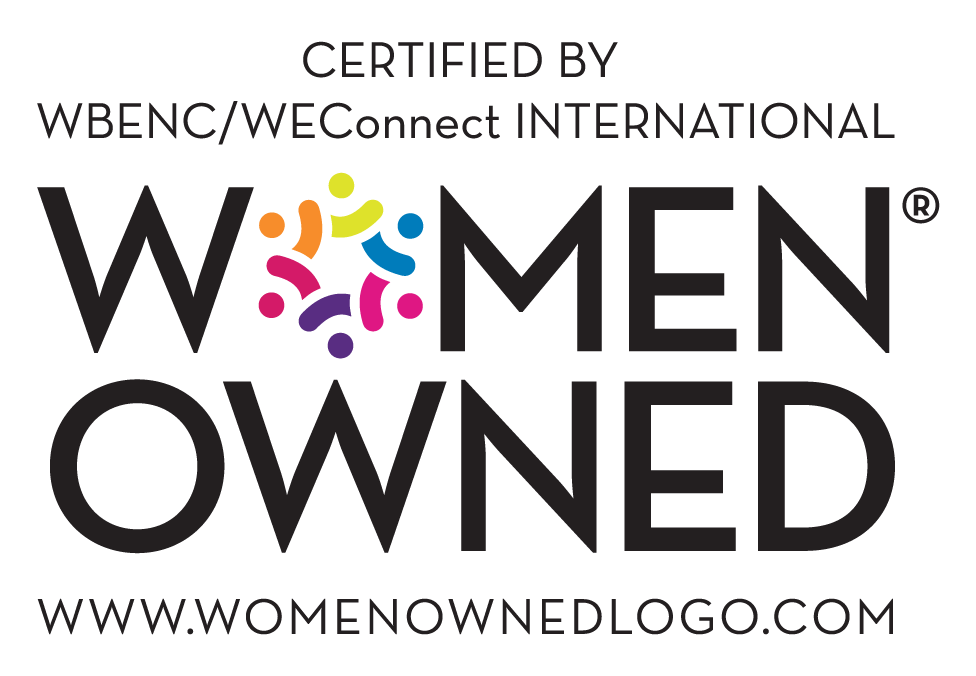In 2003, a documentary was released that offered a pointed perspective on the modern publicly traded corporation. Among the many claims of the documentary — The Corporation — was that, since a corporation is considered a legal person under the law what would happen if we examined its personality? The filmmakers’ conclusion? The general characteristics of the modern corporation were those that were shared by a human sociopath.

The documentary is based on a book by Joel Bakan, a law professor at the University of British Columbia who undertook the research that underpins the film.
I have shown that film over the years to students in my Business Organizations class — an upper level class in law school that takes students through the law and policy behind most businesses — often focusing on how those laws and policies are formed and how they are governed. My point in showing the film is to prompt my students to take a critical look at some of the policies and laws that make up what we often call “black letter law,” which is to say accepted legal principles, and to peek behind the curtain to see if the motivations for corporations were really that antiseptic.
An interesting thing has happened over the years that I have shown this film. When I first started showing it around 2010, my students had very strong reactions — seemingly unable to believe some of the assertions that were levied against corporations. The allegations that some corporations were complicit in Holocaust atrocities seemed to be particularly hard to for them to take. Over the years, however, the general reaction that I get from students on the increasingly rare occasion that I show the film has begun changing to resigned cynicism — “so what” is often the vibe that I get from them. After all, they contend, isn’t that the corporation’s role? To make money?
Many people would seem to agree. For instance, famed economist Milton Friedman stated: “In a free‐enterprise, private‐property system, a corporate executive is an employe[e] (sic) of the owners of the business. He has direct responsibility to his employers. That responsibility is to conduct the business in accordance with their desires, which generally will be to make as much money as possible while conforming to the basic rules of the society, both those embodied in law and those embodied in ethical custom.”
And yet, maybe that too is changing?

In 2019, Blackrock CEO, Larry Fink, sent a letter to CEOs regarding his company’s position on investments. Blackrock is one of the largest asset management firms in the world (managing over $6 trillion dollars in assets) so a letter from its CEO regarding why and how the company will invest will make news. And, Fink’s letter quickly became news, not just because of who wrote it but also because of what it said. In his letter, Fink stated that rather than solely examining profit, companies should also work with purpose — specifically a purpose to benefit the larger society.
In 1917, the Michigan Supreme Court issued an opinion stating that the purpose of the corporation was “primarily” to conduct business that profits its shareholders. The Dodge v Ford decision has been quoted so much that it has come to be viewed as sacred and is espoused by leading business executives and famed economists like Friedman.
Why then, over a hundred years after this opinion, is one of the most powerful CEOs in the world seemingly reversing course?
Because he’s not.
Fink alludes to this in his letter. As millennials now become one of the most significant swaths of investors, Fink noted how this should impact a company’s outlook. As he notes: “The world [is] undergoing the largest transfer of wealth in history: $24 trillion from baby boomers to millennials … As this wealth shifts and investing preferences change, environmental, social and governance issues will be increasingly material to corporate valuations.”
More and more, this generation of investors cares about societal issues. Whether its racial discrimination, human trafficking, or sexual harassment, the millennial generation has concerns. A company that is seen to be solely focused on profit making will be viewed as out of step with their investors. As such, Fink’s letter should more appropriately be viewed as a clarion call to corporations: do well and do good or lose money and profits.
Does that mean that corporations will suddenly abandon all tradition and focus solely on how their actions impact society? Of course not. There is too much systemic profit motivation built into the structure of publicly traded corporations to allow that to happen. It means that if the tides change and investors stop caring about society then businesses will more than likely return to an explicitly profit-centered focus.
So we have a window of opportunity. Perhaps we can embrace the idea that doing well and doing good are not mutually exclusive. That one does not need to sacrifice human rights and ethics on the altar of corporate profitability. That, in fact, if we do it right, we can make sure that when faced with a decision between profits and lives an executive will come away thinking that the decision is an easy one.
Jena Martin, J.D., LLM, Law Professor at West Virginia University, is the co-editor of When Business Harms Human Rights: Affected communities that are dying to be heard with Karen Bravo and Tara Van Ho. She has expertise in business and human rights and served as senior counsel at the U.S. Securities and Exchange Commission where she honed her skills that enable her to advise corporations regarding the impact of their internal decisions on external stakeholders. Martin is a Standpoint Consulting Affiliated Consultant.



